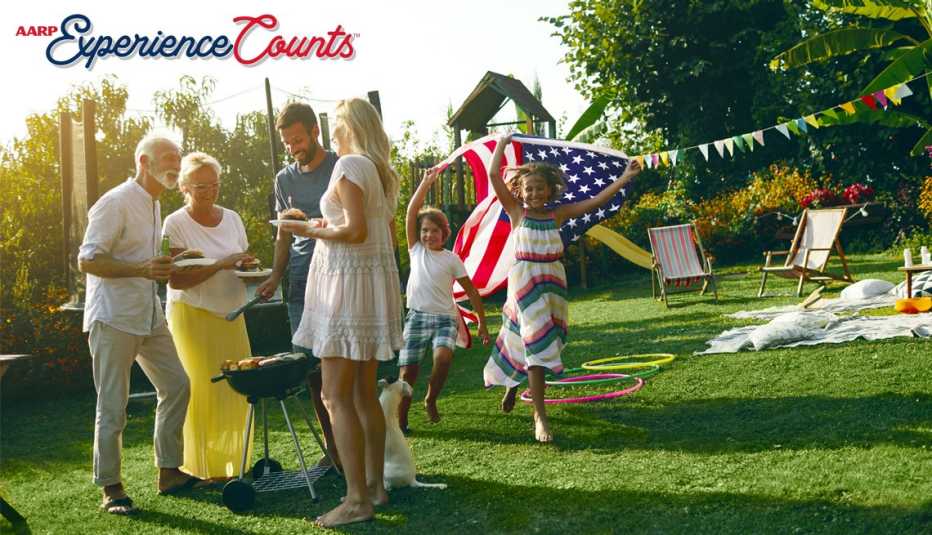AARP Hearing Center


“Help. Help.”
It’s 3 a.m. and my 99-year-old mother is calling for me. Physically, she is fine. Mentally, it’s as if her mind has been abducted by an alien. I check to see if her diaper is dry and stretch out beside her. I tell her she is safe in her bed and to go back to sleep.
As her breathing shifts, my mind revisits the mom who raised me so many decades ago. Along with curly hair, stubby toes and a love of books, she gave me my positive, sometimes Pollyanna-ish view of the world. And that is what keeps me going.
I reflect on the cycles of her long life, the different eras that have taken her back to what is so similar to my beginning:
1950s: Donna Reed, June Cleaver and my Mom


Mom ran our household, as did the moms on TV. She did the grocery shopping, cleaned the house, prepared the meals, all with a smile. The only difference was she did not wear a skirt and heels throughout the day. Every night when my father returned home from work, my mom handed him a martini, the Los Angeles Times and a piece of rye bread.
I’m not sure why the bread. He was our breadwinner, but I think it had more to do with love than money. It was a joyful time with few worries. I grew up imagining I would have the same life. And that my mom would always be there to guide my sister and me through any difficult times.


You can subscribe here to AARP Experience Counts, a free e-newsletter published twice a month. If you have feedback or a story idea then please contact us here.
1960s: Peace, Love and Lobster
I wasn’t an easy teenager. Not that I was overly rebellious, but my sister reminds me that I often went to dinner with rollers in my hair, an attitude and the presumption that my behavior should be rewarded with a lobster dinner.
And, of course, I knew more than my mom about everything from The Beatles to the Vietnam War. During those years she was mom, a constant in my life. She was the typist, my rock and my biggest fan. Because of that unconditional love, I took all my teenage angst out on her.































































More From AARP Experience Counts
My Mother’s Dilemma As a Combat Nurse in WWII
Falling in love during war forced her to make a fateful choice8 Ways a Man Can Make Friends After 50
Here’s how to overcome your masculine insecuritiesThese ‘Grandma Activities’ Are Back at the Heart of Our Communities
Old-fashioned skills are suddenly fashionable again